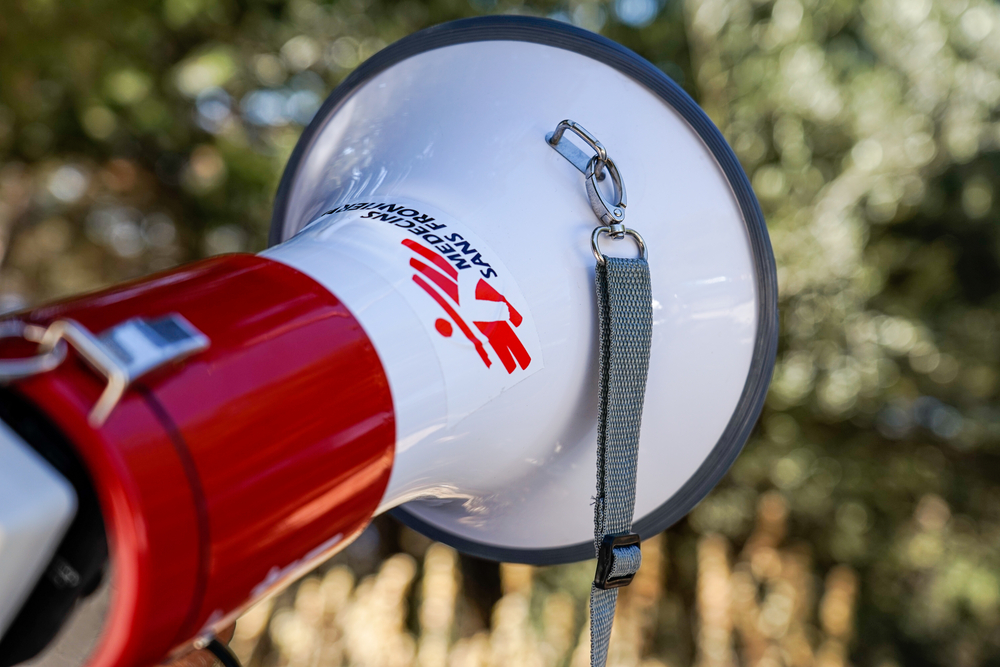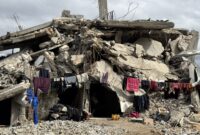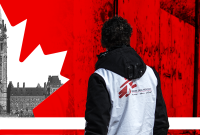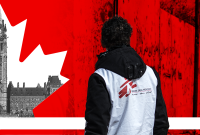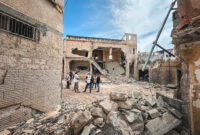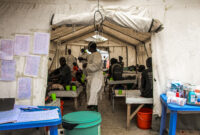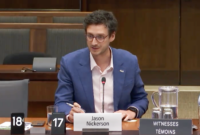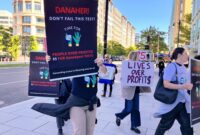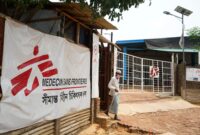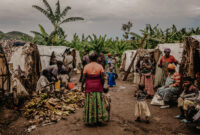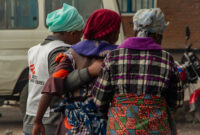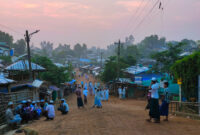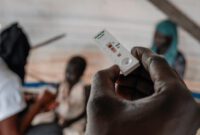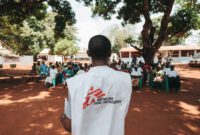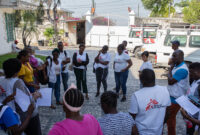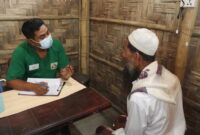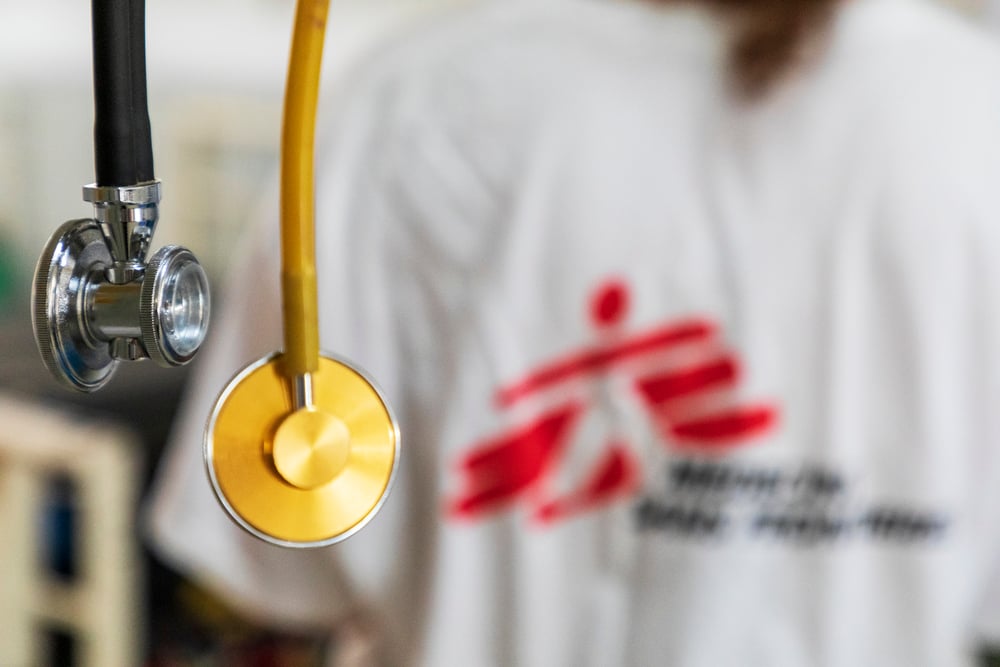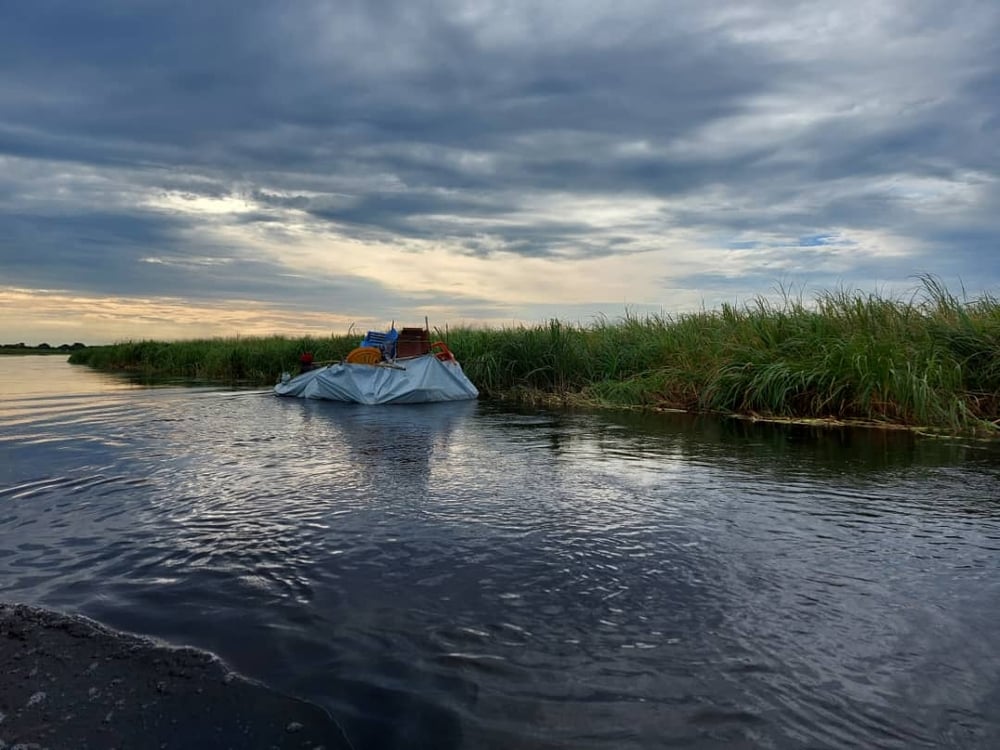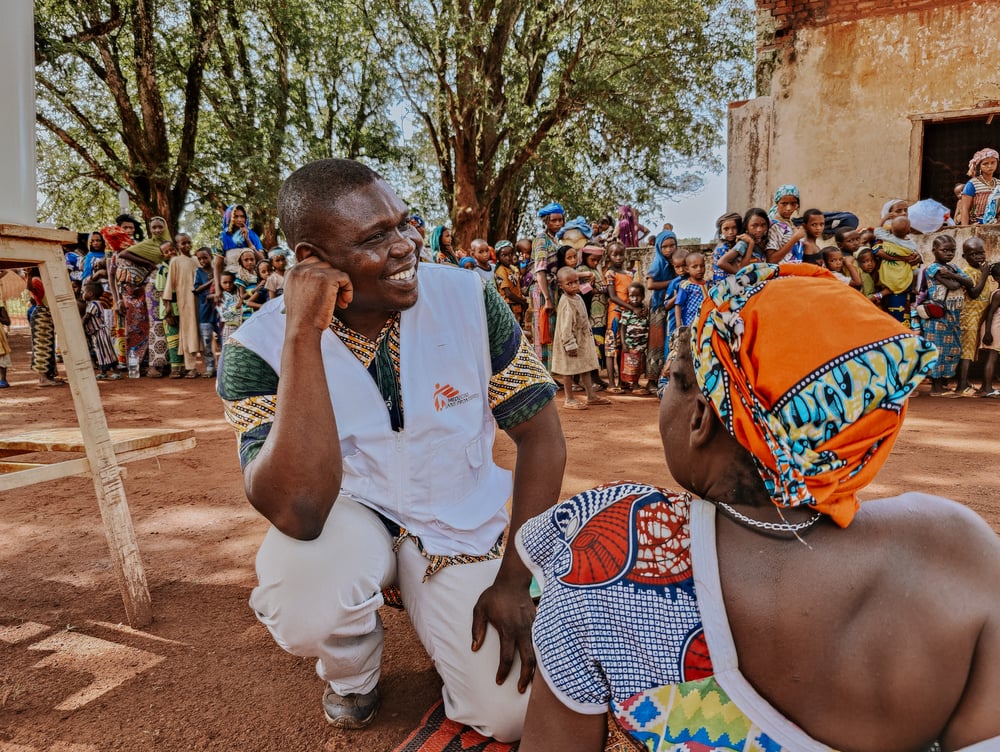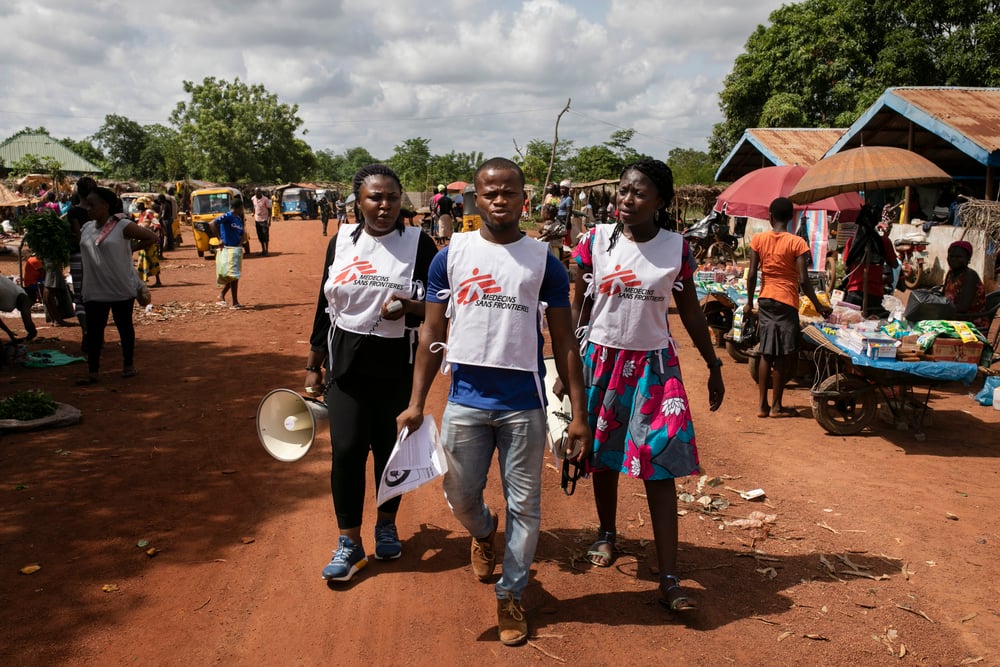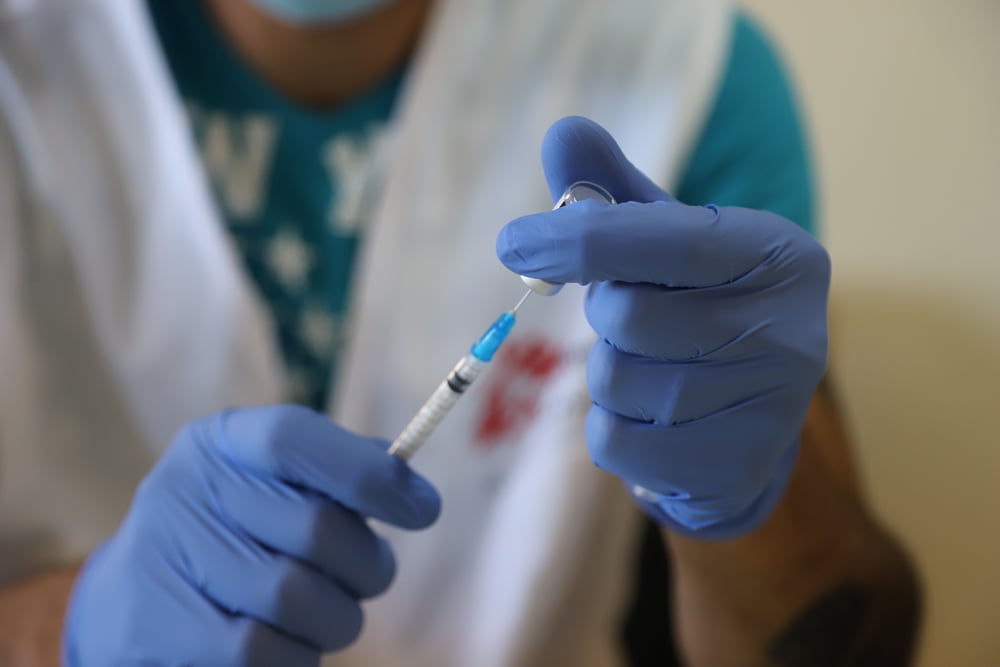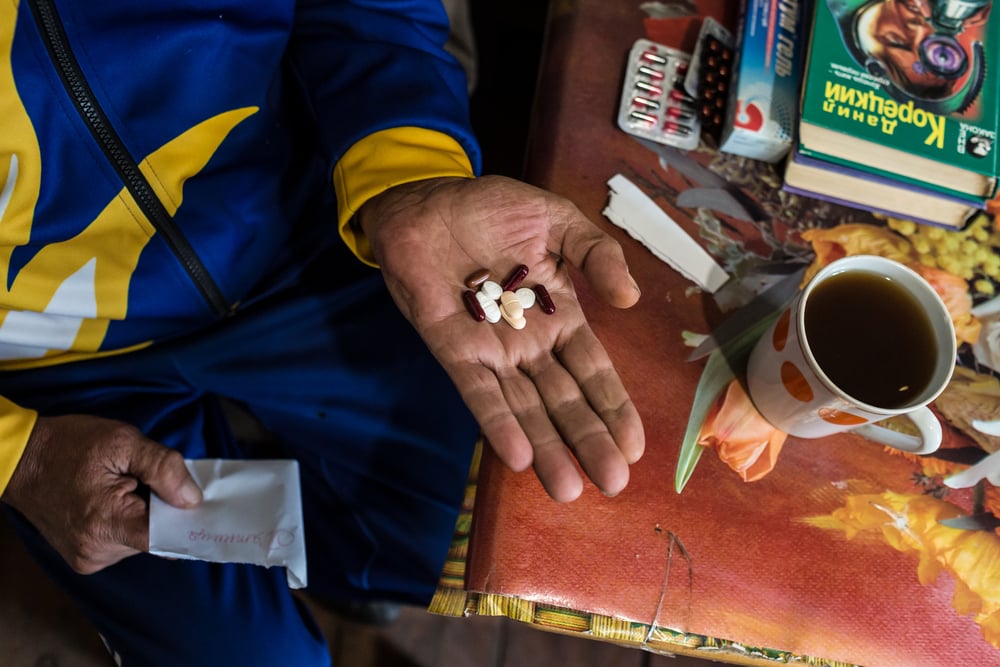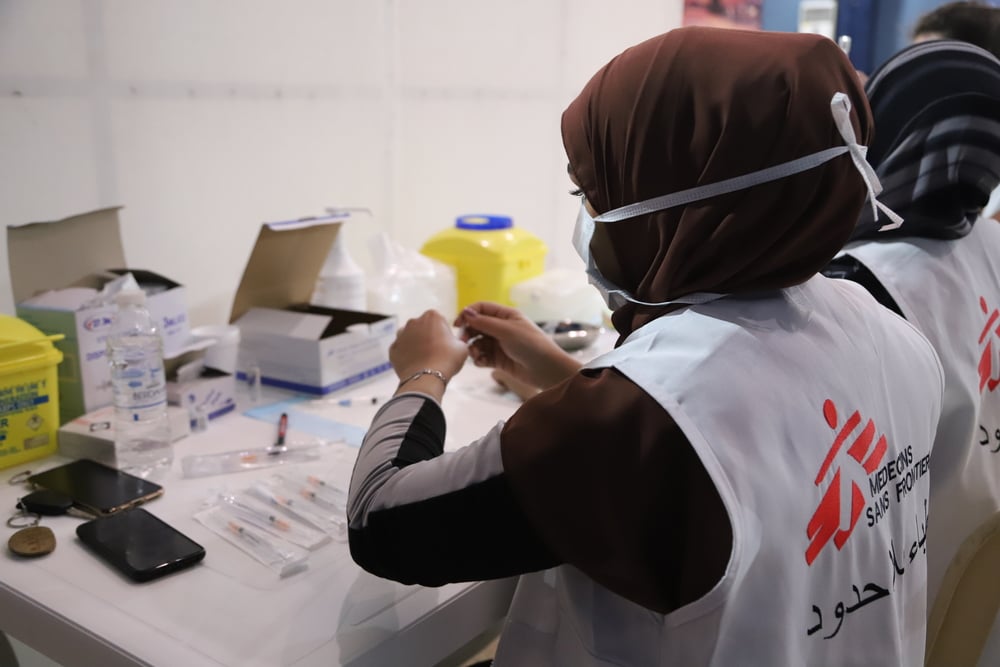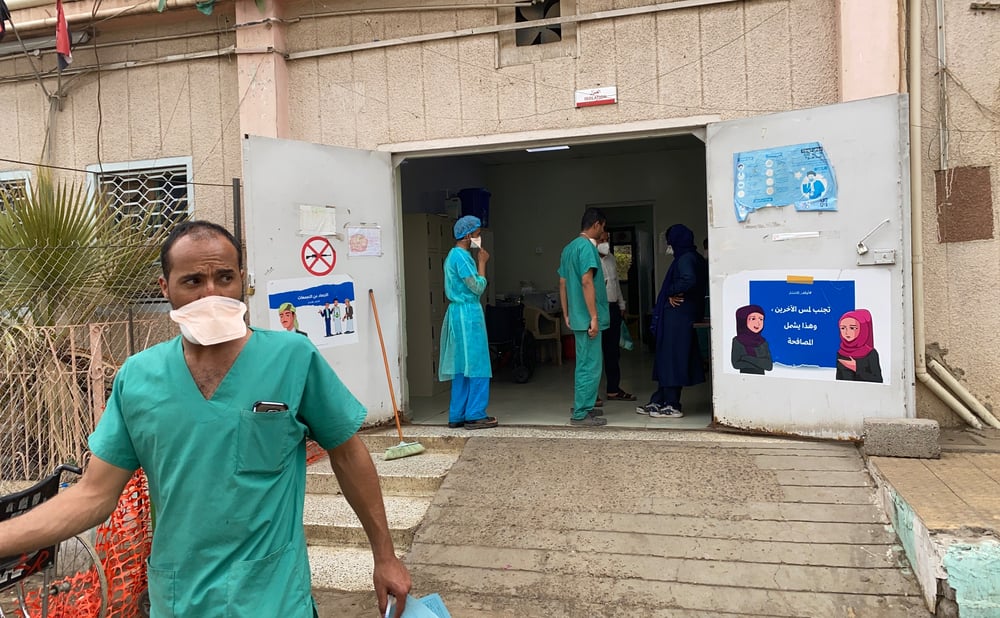Canada must stand up for International Humanitarian Law at the G7 summit
From June 15 to 17, Canada will be hosting the G7 summit in Kananaskis, Alberta. It will be the first time all the leaders of the G7 countries will meet this year. The meeting is taking place amid a period of global upheaval, as the world faces multiple large-scale conflicts and humanitarian crises, from Gaza to Sudan to Democratic Republic of Congo and beyond.
The summit presents a crucial opportunity for Canada, as the current president of the G7 and meeting host, to push for meaningful action on these crises. It is a moment Canada must seize in order to stand up for the humanitarian principles all G7 governments have previously committed to upholding.
Defending International Humanitarian Law (IHL)
This commitment is critical as part of a rules-based world order – including International Humanitarian Law (IHL) — that prioritizes the protection of civilians and aid workers in war zones and the prevention of suffering caused by humanitarian emergencies.
IHL is a set of international rules and norms that oblige occupying powers, parties to conflicts, and all stakeholder states to protect civilian lives, facilitate access to independent humanitarian aid and ensure access to essential needs such as food, water and medical care in war zones.
Specifically, Canada must ensure the final joint communiqué from the G7 leaders at this summit includes not only a reaffirmed commitment to the principles of IHL but also to holding violators of IHL to account.
The timing could not be more urgent. Already, access to lifesaving humanitarian assistance for people affected by conflict, displacement, disasters and disease outbreaks around the world has been radically diminished. This is in significant part due to massive cuts to aid budgets by many of the governments whose leaders will be attending the G7. The impact of those cuts, however, is also being brutally compounded in many conflict zones by the deliberate obstruction of the aid that does still exist. This is in addition to the shocking willingness of warring parties, including state authorities, to target aid workers and lifesaving infrastructure such as hospitals.
Gaza: Assuring access to lifesaving aid
Some of the most prominent examples of these violations are taking place in Gaza and Israel. From the start of March until May 18, Israeli authorities prevented any humanitarian assistance materials, including food, fuel and medical supplies, from entering the Gaza Strip. While some trucks with critical supplies have since been allowed to enter Gaza, this trickle of aid is a fraction of what is desperately needed in Gaza to address people’s basic needs.
The lack of lifesaving humanitarian support has pushed almost all of Gaza’s population of 2.1 million people to the brink of starvation, with the UN’s Integrated Food Security Phase Classification reporting recently that famine across the territory is now increasingly likely. Without fuel for generators, water treatment plants will be unable to operate, which will deprive Gazans even further of access to clean drinking water and will accelerate the spread of disease.
Doctors Without Borders/Médecins Sans Frontières (MSF) operates three hospitals and six primary health care centres in Gaza; without more fuel entering the territory, we could face the unthinkable prospect of being unable to run the generators that power these facilities, potentially leaving us unable to provide crucial medical care. Our teams are already facing an acute shortage of critical medical supplies, including pain medications. The situation is forcing many patients with life-threatening conditions or injuries, including large numbers of children, to undergo excruciating procedures, such as dressing changes for severe burns, without pain relief.
This ongoing blockade amounts to collective punishment of an entire civilian population, which is a blatant violation of IHL. A proposed registry for international nongovernmental organizations providing assistance to Palestinians is another way Israeli authorities, far from facilitating independent humanitarian aid as demanded by IHL, could instead seek to obstruct and control it. The registry would also potentially prevent organizations such as ours from bearing witness to what is happening to Palestinian civilians in both Gaza and the West Bank. In a conflict that has seen the deaths of more than 400 aid workers inside Gaza, including 11 MSF staff members, the claims of Israeli authorities that international law is being respected in this conflict are disingenuous.
Sudan: Upholding IHL in a conflict zone
In Sudan, the Sudanese Armed Forces (SAF) and the Rapid Support Forces (RSF) have been fighting for control of the country since April 2023. Both sides have directed some of their most ferocious violence toward civilians as a deliberate tactic of war, which is an egregious violation of IHL in both letter and spirit. From brutal attacks on displacement camps housing already malnourished women and children to the deliberate blockage of humanitarian assistance from reaching those in need, the parties to the conflict in Sudan seem to be fighting a war against the country’s people almost as much as against each other, in violation of international law.
While both the RSF and SAF make claims to be the acting government of Sudan, neither one is upholding the state’s obligations under IHL – and neither are the governments of other states who are backing each side and providing them with the means and materials to carry out their atrocities.
The situation is similar in other conflict zones, from Democratic Republic of Congo and South Sudan to Myanmar. Civilians, aid workers and essential lifesaving infrastructure are all coming under attack – all of which is prohibited under the global consensus and conventions that form IHL, and which hold together the multilateral international system.
That system only works if countries not only follow the rules but ensure there are consequences for those who don’t. Right now, from Gaza to Sudan and beyond, violations of basic humanitarian principles and IHL are being carried out openly and without shame or consequences for those committing them. The response from most of the international community has been largely tepid and has offered no meaningful measures of accountability.
Canada must show leadership
The G7 summit represents a small but important moment to push back against this failure to stand up for fundamental principles and international law. This group of some of the world’s largest economies and powerful democracies must issue a statement condemning these violations of IHL, upholding humanitarian principles and committing to holding perpetrators accountable for their actions. Otherwise, what will prevent current and future warring parties from continuing to target and attack helpless civilians and providers of aid with impunity? Remaining silent would amount to a rejection of the values, rules and principles that have helped save lives and alleviate suffering under the global humanitarian system for decades, and of the world order that the G7 and other governments claim to stand for.
Canada therefore should seize this moment to act. As summit host and president, Canada is responsible for coordinating with all its G7 allies to ensure there is consensus around this meeting’s agenda and outcomes. It should use this opportunity to push all the leaders around the table to declare unequivocally that IHL matters, and that they will not fail to uphold and defend it.
In MSF’s recent recommendations to Canada’s political parties ahead of last April’s federal election, we said Canada must use the political and diplomatic tools at its disposal to stand up for people affected by conflict and crises, and to stand up in particular for IHL. For Canada’s new government, the upcoming G7 summit provides an important first chance to do exactly that. Canada can demonstrate it is guided not only by transactional imperatives, but by basic principles and a commitment to a rules-based world order that protects civilian lives and the humanitarian space in which their basic needs can be met.
